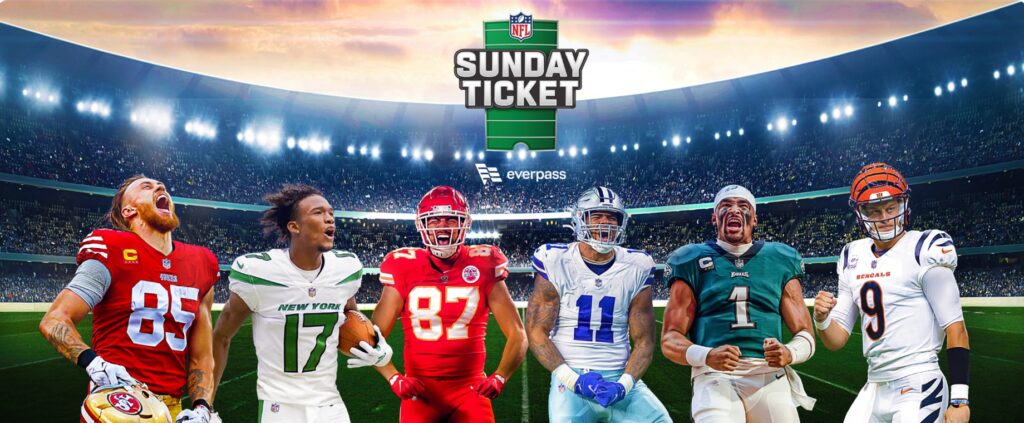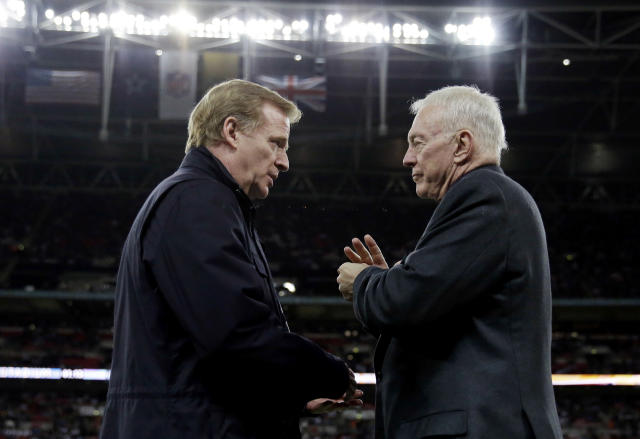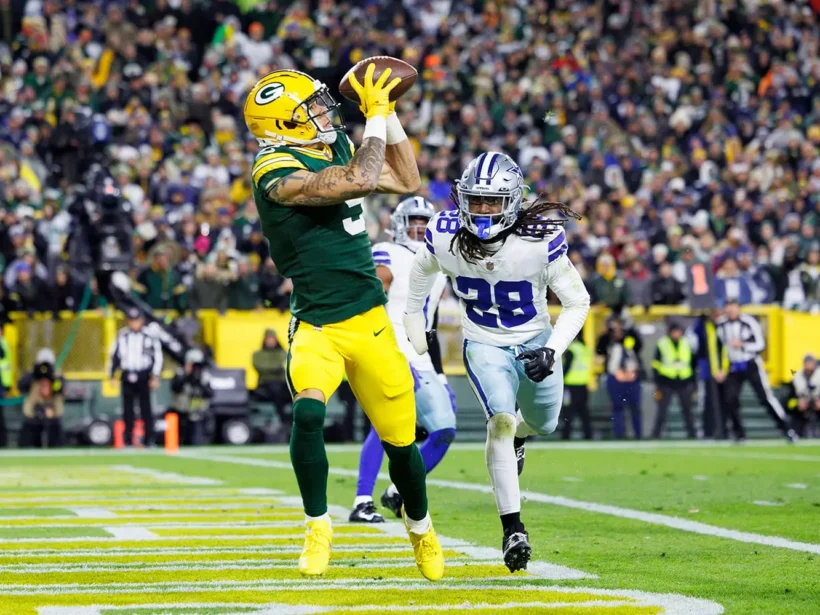Packer fans who live in Wisconsin, count yourselves lucky. You have rarely, if ever, had to spend much time thinking about how you were going to get access to the weekly Packer game. Those of us outside the state, however, have a different struggle. For us, we must pay the NFL an additional fee to get access to the game we want to see every week. Although the Packers play a fair amount of their games on national TV each year, we will miss the rest of them unless we frequent a sports bar or pay for the NFL Sunday Ticket, the NFL’s paid service for watching out-of-market games. Many of you may not be aware, but the NFL is defending the pricing scheme for the Ticket in court right now, and if they lose, those of you, like me, who have been paying the NFL for years might be in for a significant payday.
The Sunday Ticket Case

In 2015 a sports bar named the Mucky Duck brought a case on behalf of all Sunday Ticket subscribers. It claims that the league is violating antitrust law by the way it charges for the Sunday Ticket package. The plaintiffs allege that the fees for the service are kept artificially high in order to protect the NFL’s traditional broadcast partners, CBS and Fox, who would lose viewers if fans found it easier to watch different games every week.
As explained in Sportico’s trial preview, the core antitrust question presented in the case is whether individual NFL teams can agree to license their broadcasts without competing with each other. NFL teams are competing businesses. Under normal circumstances, Antitrust law demands that competitors compete.
It is easier to understand why Detroit would not want to have games from Dallas pumped into its market thereby decreasing the number of viewers for the Lions game. However, the way business is supposed to work is, the Lions have to compete against every other NFL team. The plaintiffs argue that by eliminating this competition, the league is in violation of antitrust law which was written to prevent monopolies from forming in the United States.
Signs In Favor of Plaintiffs

The plaintiffs are seeking $7.1 billion in damages from their lawsuit. Since the case revolves around federal antitrust laws, the NFL would be forced to dole out three times as much — $21.3 billion. Those funds would be distributed between more than 2.4 million residential subscribers and more than 48,000 restaurants that subscribed to NFL Ticket between 2012 and 2022.
When the Sunday Ticket contract was up for bid in 2022, ESPN wanted to offer the package on its streaming service for $70 per season along with offering a team-by-team product, according to an email shown in court. That was rejected by the NFL. The contract was ultimately given to YouTube TV which, if you don’t avail yourself of the available discounts, charges $449 per year for the service.
During opening statements, a 2020 communication by Fox Sports was entered into evidence showing they demanded the NFL ensure Sunday Ticket would be priced above $293.96 per season. A high number of subscribers to Sunday Ticket means a greater threat to local audience numbers, so Fox wanted the number high.
Direct evidence of a conspiracy to protect the local games is exactly what the plaintiffs allege here and substantially helps their case.
Signs In Favor of NFL
The NFL rarely lets cases like this go to trial. The fact that they haven’t settled this case, therefore, speaks to the confidence they have in their case.
They famously settled both the concussion case for $1 billion and the case around the relocation of the Rams to Los Angeles for $790 million. The courtroom reporting suggests the league may have judged the risk here correctly.
The presiding judge, U.S. District Judge Philip Gutierrez, has repeatedly expressed skepticism about the plaintiffs’ case. Gutierrez told the plaintiffs’ attorneys they “really have nothing” and are saddled by a “total disconnect” between their arguments and what has been expressed during the trial. The Associated Press reported Gutierrez criticizing the plaintiffs’ attempt to conflate the Dallas Cowboys’ past efforts to pursue marketing licensing independence from the NFL with the current issue of TV broadcast rights. “I don’t know what you are doing, but marketing is not media,” Gutierrez said.
What Sunday Ticket Case Means for Packers Fans
If you’re a transplanted Packer fan, like myself, the idea of getting Green Bay games at a more reasonable rate sounds very exciting. I am also someone who stands to benefit if the class action suit is successful. An NFL Sunday Ticket is a must-purchase product for me every year. But, as previously mentioned, the plaintiffs seem to have an uphill climb to find paydirt here. Even if they do, the NFL will certainly avail themselves of their right to appeal to the 9th Circuit and possibly the Supreme Court as well.
But if all those ifs become reality, we could find ourselves living in a world in which the NFL offers a team-by-team package, which Major League Baseball and the NBA already makes available. This would be a welcome outcome for not just Packers fans, but NFL fans everywhere.

